
AeroGenie — あなたのインテリジェントな副操縦士。
現在のトレンド
Categories
Malaysia's Aviation Sector Advances with Improved Customer Service and Digital Innovation

Malaysia's Aviation Sector Advances with Improved Customer Service and Digital Innovation
Embracing Digital Transformation to Enhance Passenger Experience
Malaysia’s aviation industry is undergoing a significant transformation, propelled by digital innovation and a strengthened emphasis on customer service. As global air travel demand recovers, stakeholders within the sector are adopting advanced technologies to optimize operations, increase transparency, and more effectively address passenger concerns.
Central to this evolution is the Malaysian Aviation Commission (Mavcom), which has launched the FlySmart app—a digital platform designed to provide travelers with a streamlined, accessible means to submit complaints, monitor their progress, and better understand their rights. Historically, passengers faced prolonged delays and uncertainty when seeking resolution for issues such as flight disruptions or ambiguous refund policies. The FlySmart app now offers real-time updates and a transparent complaint process, thereby restoring confidence and satisfaction among travelers.
The app’s user-friendly interface enables passengers to track their complaints from initial submission through to resolution, reducing frustration and fostering clearer communication between travelers, airlines, and regulatory bodies. By digitizing the complaint management system, Malaysia’s aviation sector is establishing new standards for accountability and customer care.
Operational Efficiency and Industry Challenges
Beyond enhancing customer service, digital tools like FlySmart are also improving operational efficiency by streamlining processes such as flight permit approvals and addressing critical bottlenecks. These advancements contribute to smoother airline operations and a more seamless travel experience.
Nevertheless, the sector faces a rapidly shifting competitive environment. Intensified market competition is driving airlines to innovate and differentiate their offerings. The charter segment, in particular, confronts challenges including increased competition, new taxation and tariffs, and difficulties in attracting and retaining skilled personnel. These pressures are reshaping industry dynamics and compelling operators to adapt swiftly.
Regional developments further illustrate the sector’s volatility. For instance, Air Mauritius recently reported a quarterly profit but continues to contend with grounded aircraft, prompting efforts to secure a strategic partner, potentially Qatar Airways. Such developments highlight the critical importance of operational resilience and strategic alliances in sustaining competitiveness.
As Malaysia’s aviation industry continues its recovery, the integration of digital solutions alongside a customer-centric approach positions it as a regional leader. However, ongoing challenges—from intensified competition to operational disruptions—will necessitate continuous innovation and adaptability. By leveraging technology and prioritizing passenger experience, Malaysia’s aviation sector is well-equipped to navigate the complexities of modern air travel and establish new benchmarks for the industry.
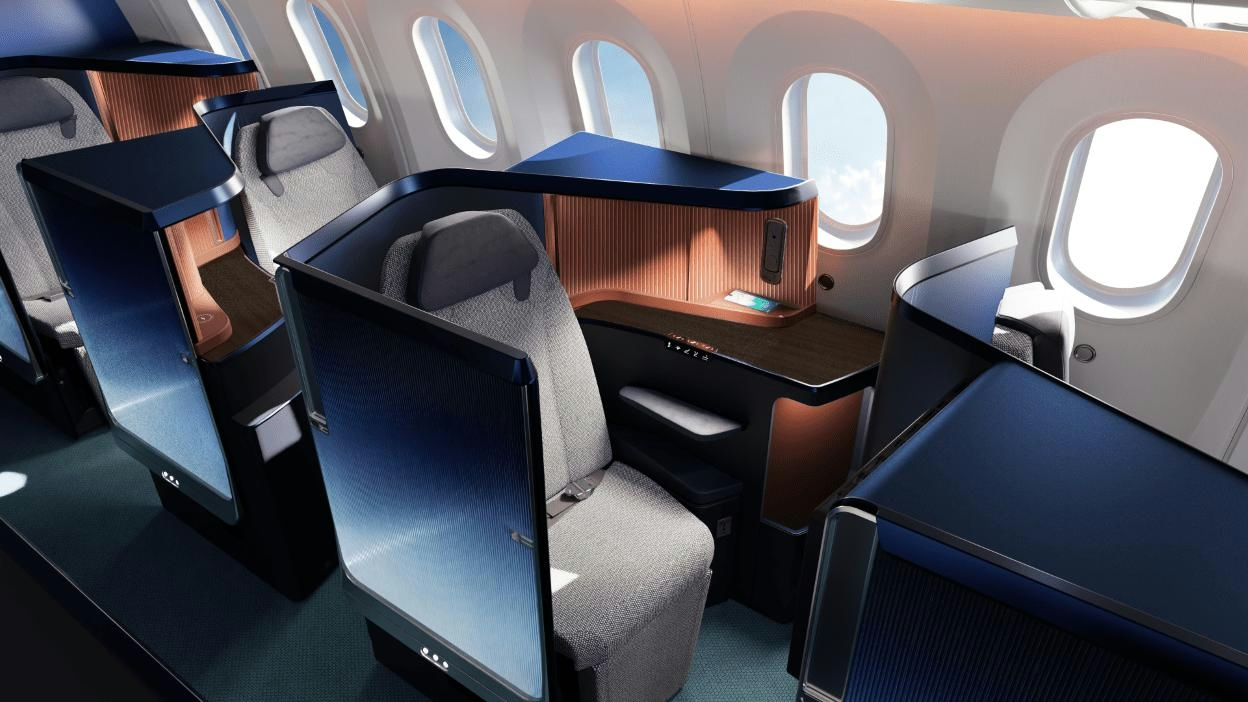
Long-Haul Airlines Transform Business Class on Narrowbody Aircraft
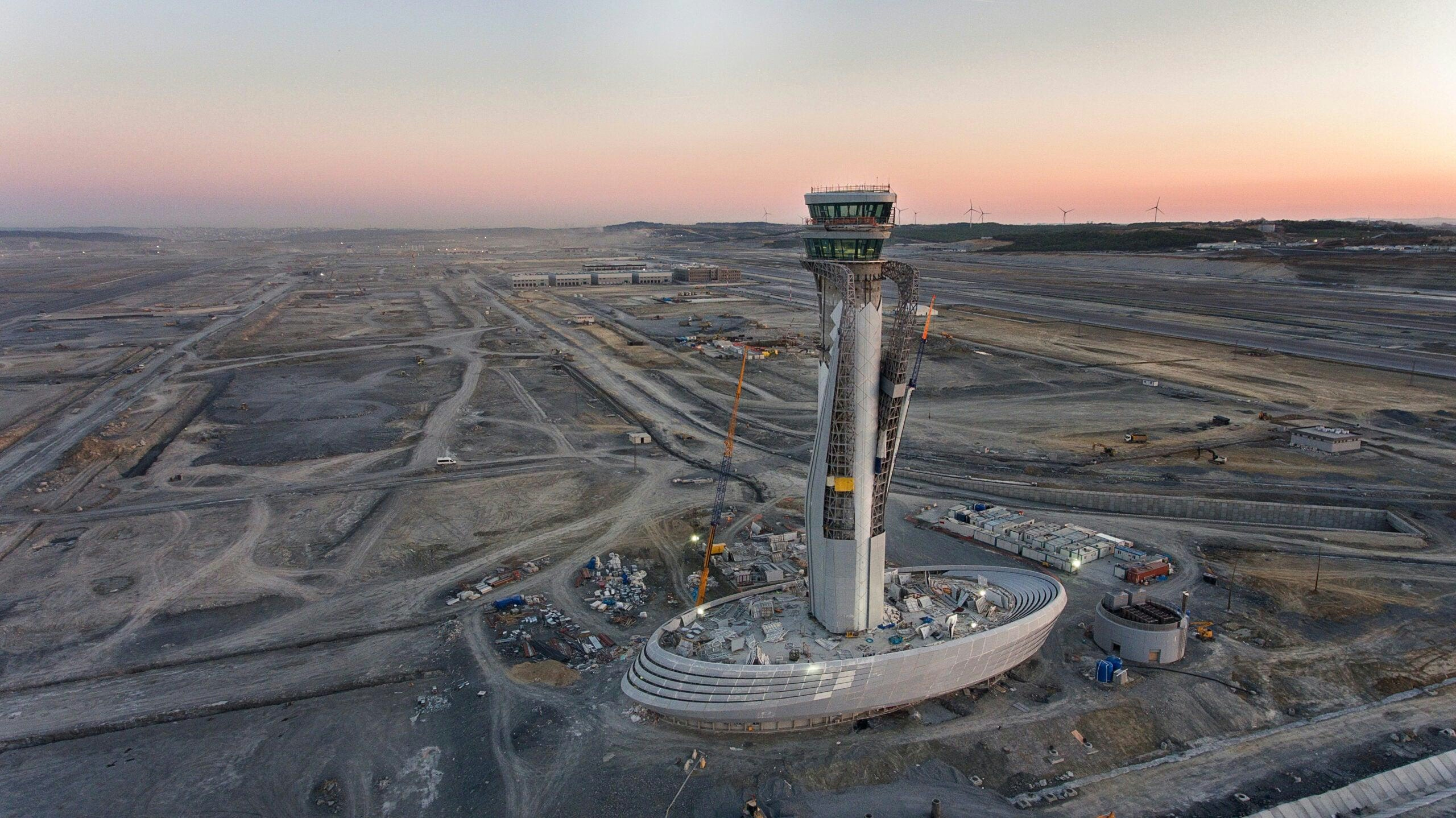
Turkish Airlines invests $2.3bn to expand Istanbul Airport hub
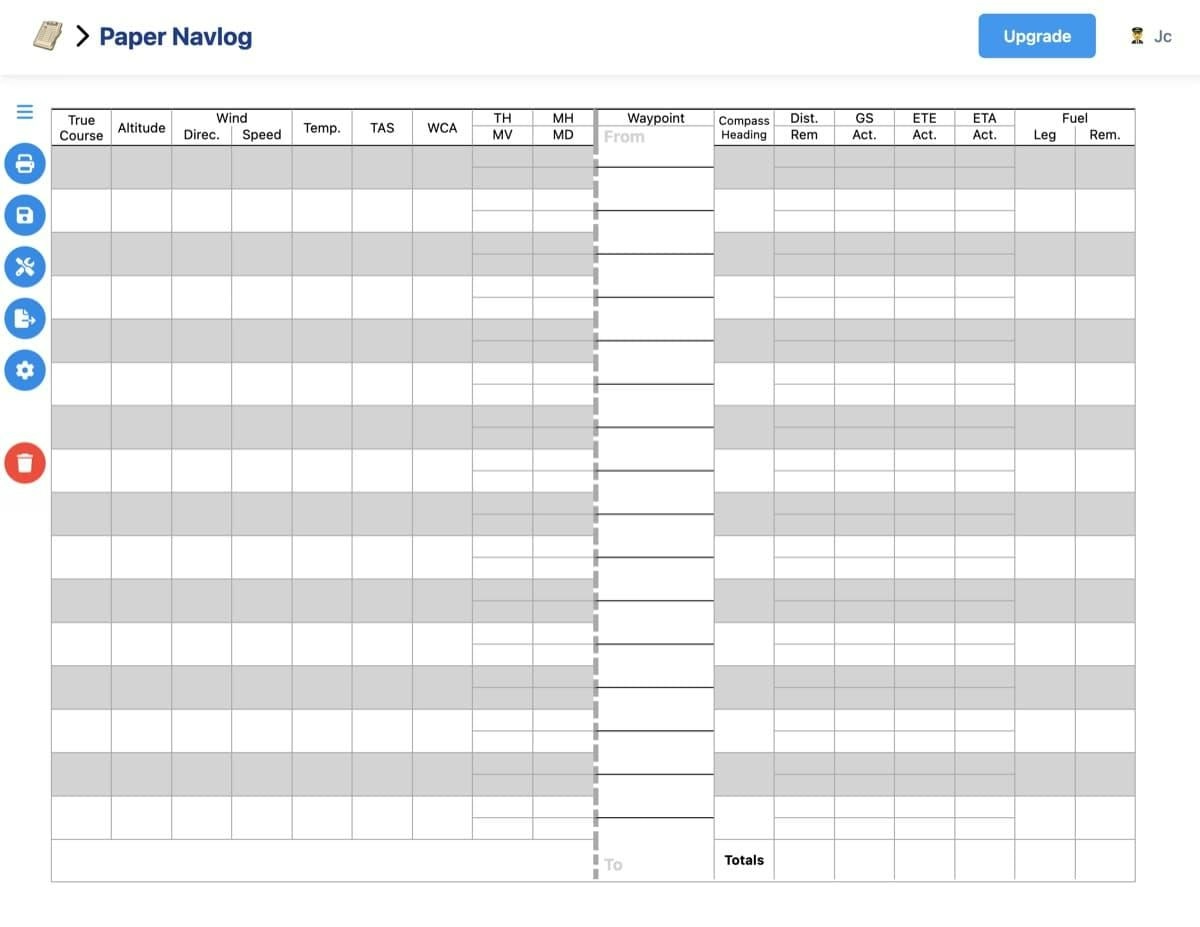
Aviate Software Releases GA Kneeboard

Starlink Expands High-Speed Wi-Fi Service to Private Jets
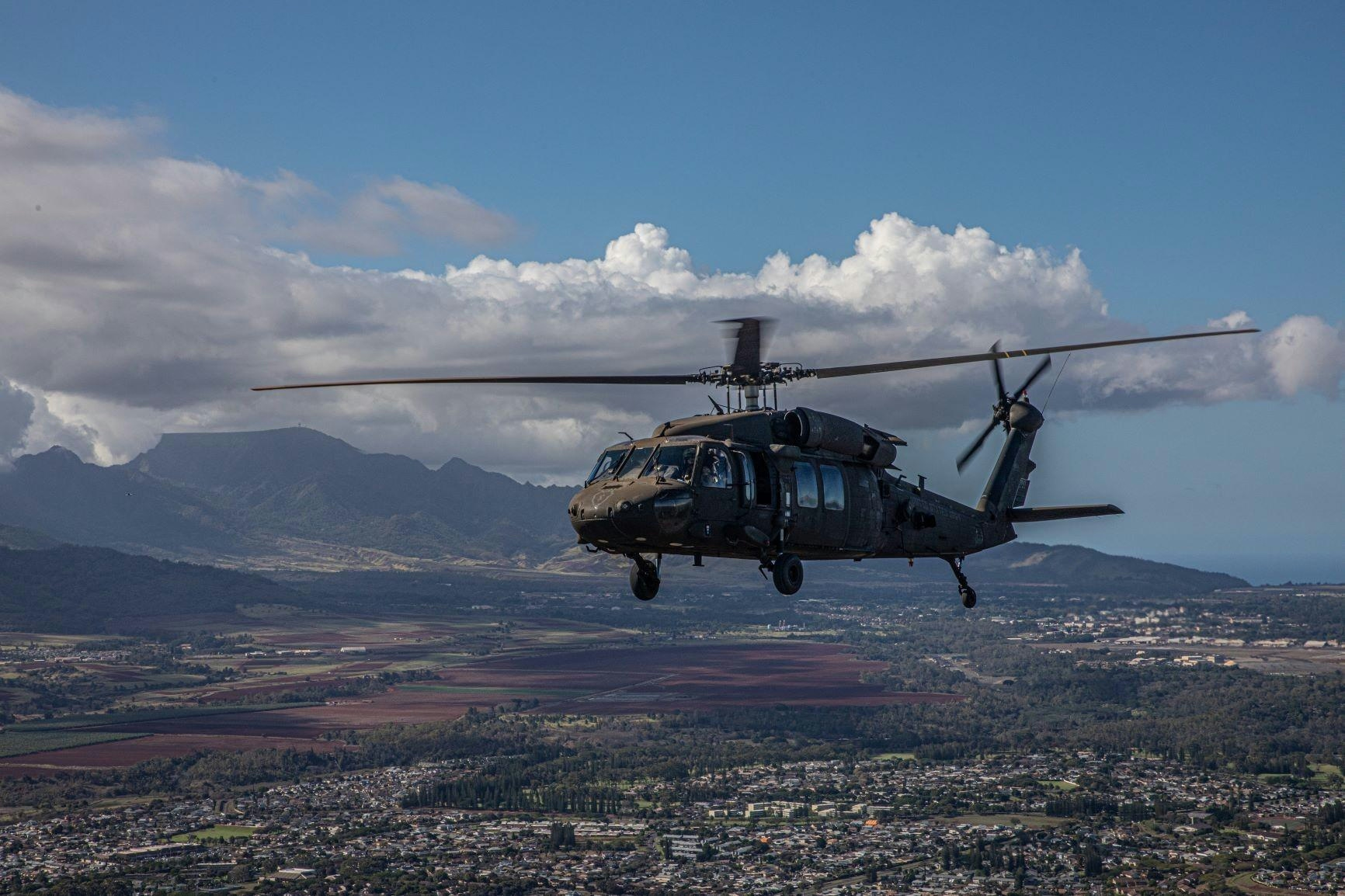
M1 Support Services Secures $601 Million MRO Contract with U.S. Army
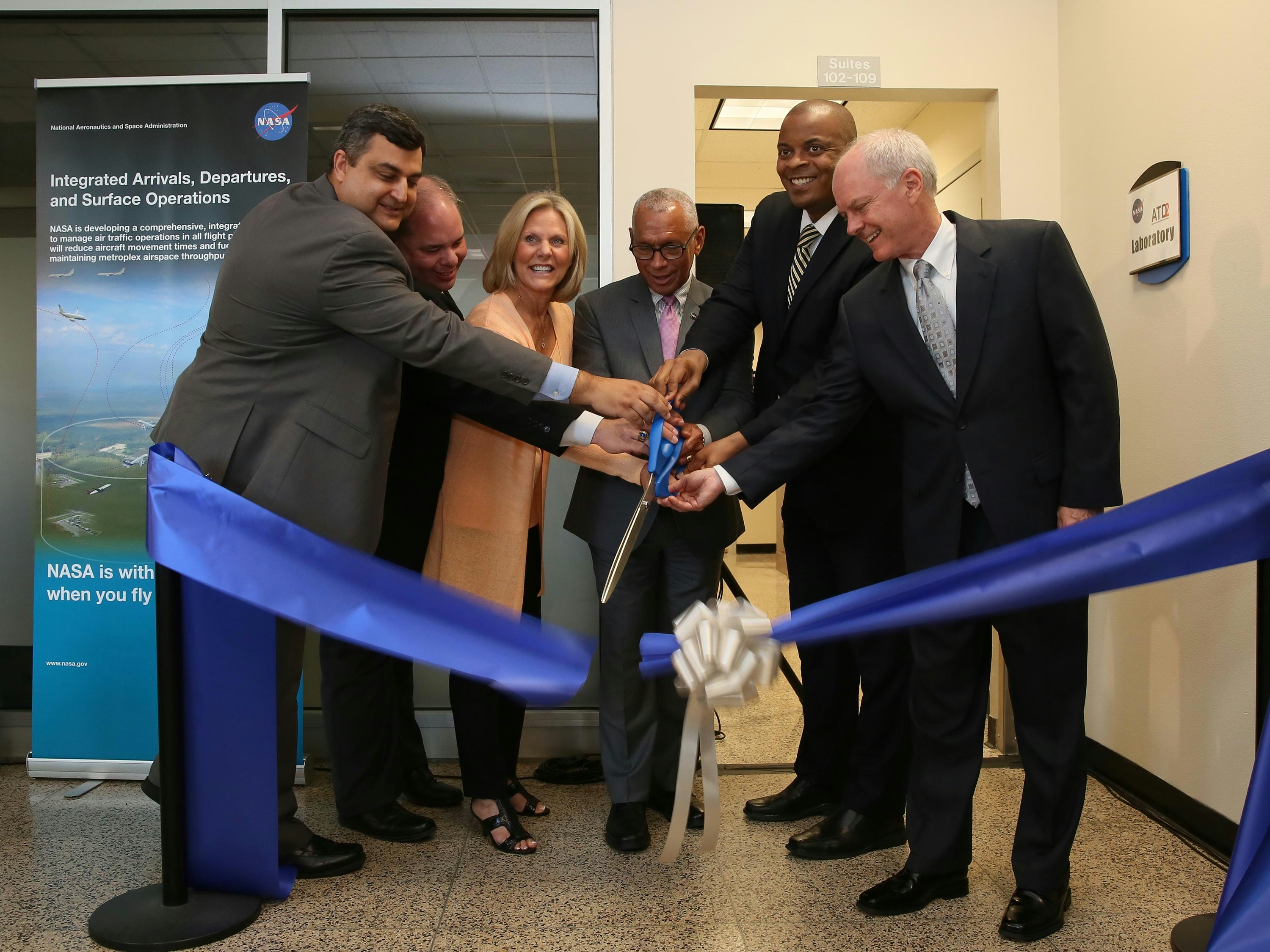
Butler Tech to Open Aviation Center on January 20; Ribbon-Cutting Scheduled for March

Archer Partners with NVIDIA to Develop Next-Generation Aviation AI

Teneo.ai Launches Agentic AI for Airlines, Automating Luggage Updates and Loyalty Support with Enterprise-Grade Control
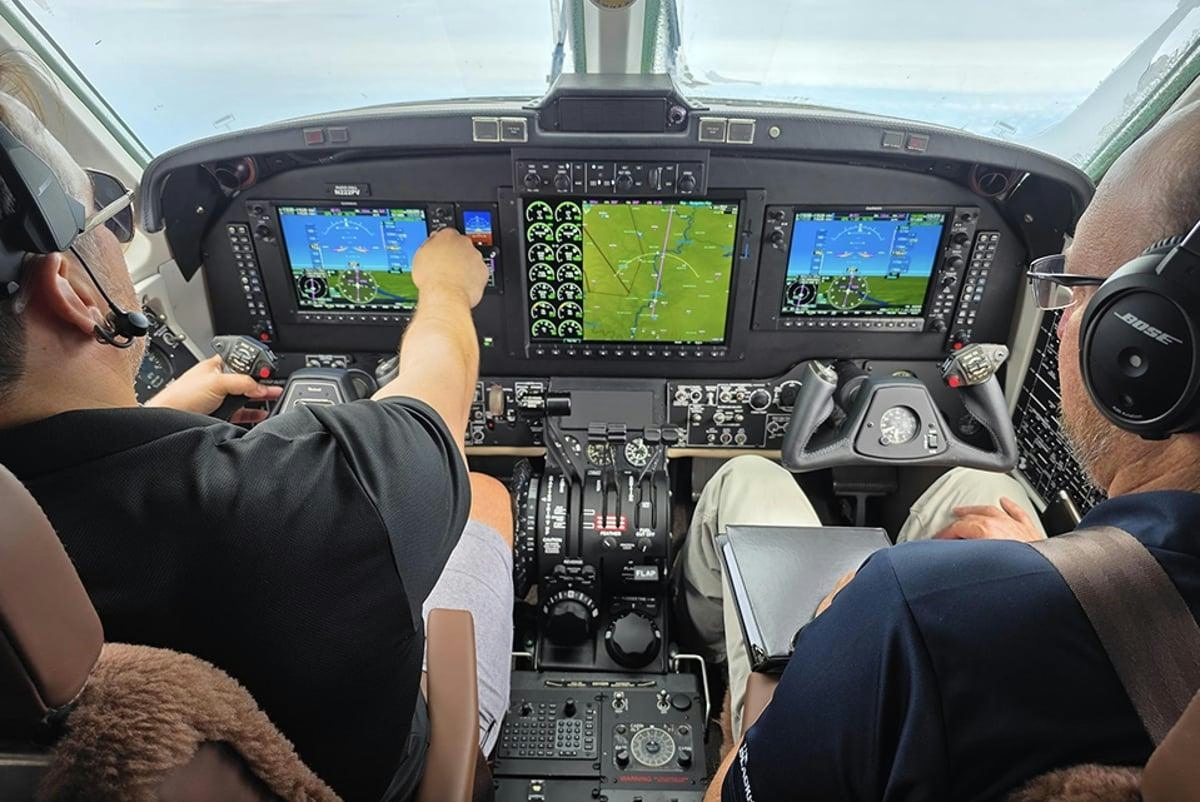
Blackhawk Group Acquires Silver Sky Aviation
